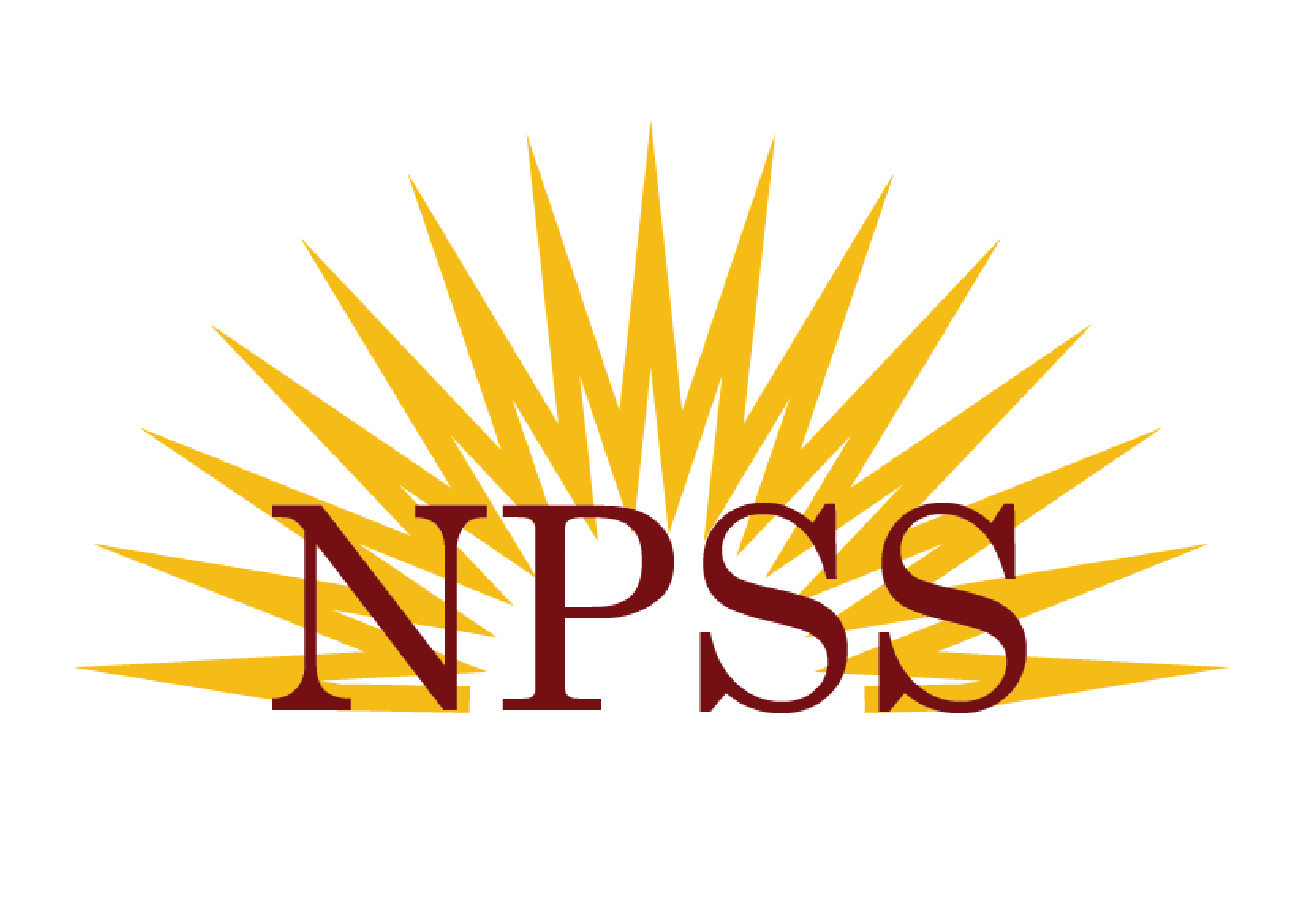NPSS Main Campus and ELC Campus Code Of Conduct
All students and staff at the NPSS Main Campus and the Energetic Learning Campus have the right to work within a school that is safe, caring and orderly. Both campuses promote the values expressed in the BC Human Rights Code by respecting the rights of all individuals in accordance with the law. Both campuses will treat seriously any behaviour or communication that discriminates based on race, colour, ancestry, place of origin, religion, marital status, family status, physical or mental disability, gender preference, sexual orientation or age.
All students and staff at NPSS Main Campus and Energetic Learning Campus have the right to a learning environment that is free of:
- harassment and discrimination (this includes verbal abuse, bullying, sexual harassment and/or racism);
- bullying, cyber-bullying, harassment, threat and intimidation, violence in any form;
- recrimination when reporting Code of Conduct violations and safety concerns
- verbal, physical or sexual abuse/exploitation;
- discrimination in any form, including racial and gender discrimination;
- theft and vandalism; and/or
- violence and intimidation, drugs, alcohol, smoking, vaping, weapons or replica weapons
The Purpose of the Code is:
- to ensure that the NPSS Main Campus and the ELC Campus are safe, caring and orderly schools.
- to ensure all students are academically and socially successful.
- to clarify and publish expectations for student behaviour while at school, at school-related activities, or in other circumstances where engaging in an activity (including online) which will have an impact on the school environment.
- to provide a process by which students take ownership of acceptable and unacceptable behaviours.
Rising Expectations:
We understand that academic behaviours must be taught, and the student’s understanding of respect, responsibility, and safety deepens with maturity and experience. Therefore, behaviour expectations will be on a continuum to reflect the individual student’s developmental stage. As students become older, more mature and move through successive grades, increasing personal responsibility and self-discipline is expected. Therefore, increasing consequences for inappropriate conduct/unacceptable behaviour exists.
Respect Yourself and Others
Respect the Environment
Respect Learning
| Rights | Responsibilities |
| Respect for Yourself and Others |
|
| Respect for the Environment |
|
| Respect for Learning |
|
*Reference: School District 60 Policy #2006 and #2007
Violations:
Violations of the NPSS Main Campus and ELC Campus Code of Conduct will be addressed by pre-planned, fair, progressive discipline which is intended to be preventative and restorative and take into account student individuality, maturity and development. As well as the frequency of the violation. These may include some or all of the following:
- Teacher/Student conferences
- Parent contact by teachers and/or Administrator
- Classroom consequences
- Referral to counsellor
- Community service
- Mediation
- Restorative Justice
- Referral to Vice-Principal
- Detentions
- Removal of school privileges
- Suspension
Notification:
The NPSS Main Campus and ELC Campus must report unacceptable behaviour to involved personnel where deemed appropriate. This includes:
- Parents/guardians of student offender(s).
- Parents/guardians of student victim(s).
- Superintendent and/or Director of Instruction
- Police and/or other agencies as required by law.
- All parents (when deemed to be important) to reassure members of the school community that the school administration is aware of a serious situation or incident and is taking appropriate action to address it.
Restrictions on Student Use of Personal Internet-Connected Devices
NPSS Main Campus and ELC Campus expect a learning environment with limited distractions and the responsible use of digital technology. Research shows that frequent cellphone interruptions in the classroom, social media platforms with addictive algorithms and an increasing level of cyberbullying and online exploitation of young people are negatively impacting learning and student mental health.
Definition
“Personal Internet-Connected Devices” include, but are not limited to, cell phones, tablet computers, smartwatches, earbuds, headphones and portable video game systems.
Link to SD60 policy:
Restrictions on Student Use of Personal Internet-Connected Devices
Guidelines/Principles:
- Students will have access to school/district-owned Chromebooks that support learning and the development of digital technology skills and digital citizenship.
- EXEMPTION: At the secondary level, personal internet-connected devices will not be permitted during instructional time. An exemption, at the teacher’s discretion, may allow for devices to be used if they support a specific curricular objective and are part of instructional planning.
- EXEMPTION: As outlined in an Individual Education Plan (IEP), Learning Support Plan (LSP), or health plan, schools will exempt specific students from the restrictions of personal internet-connected devices when they are needed for full inclusion to support specified learning activities.
- Students will have access and usage of their devices before school, at lunch and after school.
- At the ELC Campus, students are expected to keep their Internet-connected devices in their locker during instructional time.
- At Main Campus, students are expected to keep their devices in a locker, school bag, or box/bag provided by the classroom teacher during instructional time. There will be a box/bag available in every classroom.
- Definition of ‘Instructional Time’: From the bell that begins the class to the bell that ends the class.
- The security and storage of personal internet-connected devices is the sole responsibility of the owner/user. The District assumes no responsibility for the safety, security, loss, repair or replacement of such devices.

